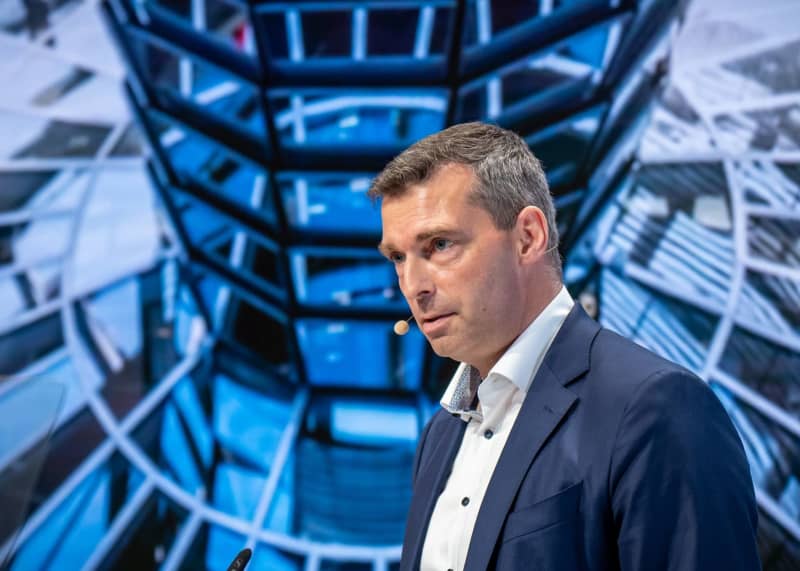The German chemicals and pharmaceuticals sector is facing a challenging landscape, with production expectations set to grow by only 0.5% in the coming year, according to a prediction from the VCI chemical industry association. This forecast stems from a turbulent year marked by a mix of results across the industry, as numerous production facilities struggle to operate at full capacity due to a significant lack of orders. The VCI’s recent survey revealed a divided outlook among its members, with varying sentiments about future yield scenarios: 26% anticipated an increase, 26% expected stability, while a concerning 46% predicted a downturn in production.
One of the driving forces behind this stagnation is the high energy costs that are disproportionately impacting the German chemical sector. Industrial companies, grappling with elevated energy prices, are responding by scaling back their production efforts. This reduction in industrial output further diminishes demand for chemical products, forming a cycle of decreased activity within the sector. The implications of these reduced operations are significant, hinting at broader economic challenges as the industry struggles to regain traction amidst rising costs and diminishing orders.
In terms of financial outlook, the VCI forecasts a decline of approximately 2% in sector turnover, dropping to around €221 billion ($231 billion) for the year. This decrease aligns with the observed trends of low domestic demand, which has exacerbated the challenges facing the industry. While production did show a nominal increase of 2%, it remains substantially below levels achieved before the onset of recent economic crises. This discrepancy underscores the fragility of recovery efforts as the sector grapples with ongoing operational inefficiencies and market volatility.
Amid this backdrop, the head of VCI, Markus Steilemann, expressed a cautious outlook, noting the silver lining that the dramatic declines experienced over the previous two years have not continued at the same pace. While the stabilization may provide a slight reprieve, the underlying issues have yet to be fully addressed, with the potential for future disruptions remaining a real concern. The industry’s resilience is now being tested as it navigates these complex challenges while seeking avenues for growth and recovery.
As the industry prepares for critical elections scheduled for February 23, calls for a radical shift in economic policy are becoming louder. Steilemann highlighted the need for substantive reforms to foster a conducive environment for growth in the chemicals and pharmaceuticals sectors. With the upcoming electoral process serving as a pivotal point for policymakers, stakeholders within the chemical industry are keenly focused on securing strategic support that addresses the unique challenges they face, particularly concerning energy costs and production efficiency.
In summary, the German chemicals and pharmaceuticals sector is currently in a state of cautious survival, facing subdued growth projections and declining turnover. High energy costs, coupled with dwindling orders, have led many companies to cut back on production, significantly affecting the sector’s overall performance. The recent analysis by VCI underscores a divided sentiment within the industry, highlighting the urgent need for economic policy reform as companies grapple with the impacts of a shifting economic landscape while striving for recovery and sustainable growth in the years ahead.

